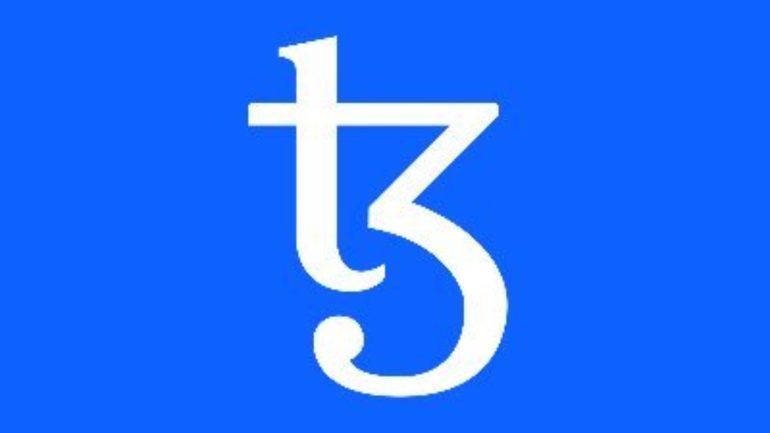- Google Cloud will provide Web3 deployment infrastructure for corporate clients on Tezos blockchain. The move follows a similar one by Ankr.
Tezos and Google have formed a strategic partnership that will benefit corporate users on both platforms. Tezos node deployment will be available to enterprise clients of Google Cloud for the development of Web3 apps. Also, with this partnership, Google Cloud’s business customers will be able to use the Tezos blockchain to build and deploy Web3 applications. In addition, some startups that are incubated by Tezos will be eligible to get Google Cloud credits as well as mentorship from the company.
Tech giants’ quest for a piece of the blockchain market
A node is a computer that is part of a blockchain network and is running the necessary software to verify and record transactions. Google Cloud will be able to facilitate blockchain development for its enterprise clients by serving as a validator or “baker” on the Tezos network. Validators are essential ecosystem partners and have a crucial role of ensuring that all transactions on the network are executed properly.
There has been a notable increase in the involvement of tech giants in the blockchain ecosystem. The Google-Tezos integration comes barely a day after Ankr Network announced integration with Microsoft’s Azure Cloud service, allowing enterprise users and developers to access blockchain data anywhere using Azure’s infrastructure.
Google has been actively courting blockchain companies since last year. The company joined the Ronin Network validator pool in September 2022, enabling it to be part of the sidechain’s gaming-focused ecosystem. As a result of that collaboration, Google Cloud is now responsible for monitoring validator uptimes and contributing to Ronin’s overall governance and security.
Having such well-known companies represented in the Web3 industry is an advantage to many startups. More startups and projects building on blockchain will now be more confident that they can scale their operations without dealing with the strenuous technical requirements of setting up large-scale cloud infrastructure. Tezos, for example, intends to use Google Cloud to power Web3 applications on its network because of its reliability and scalability.




